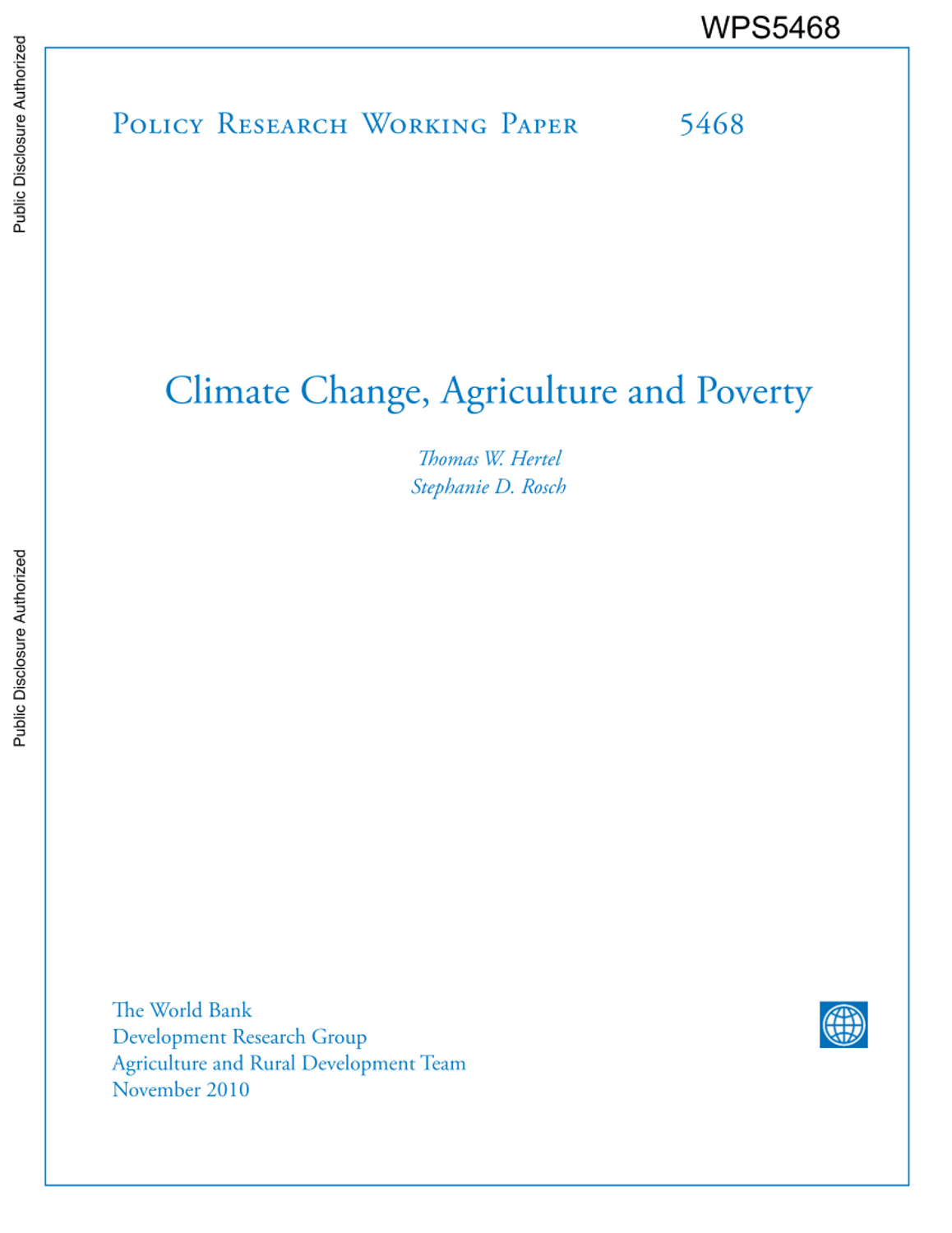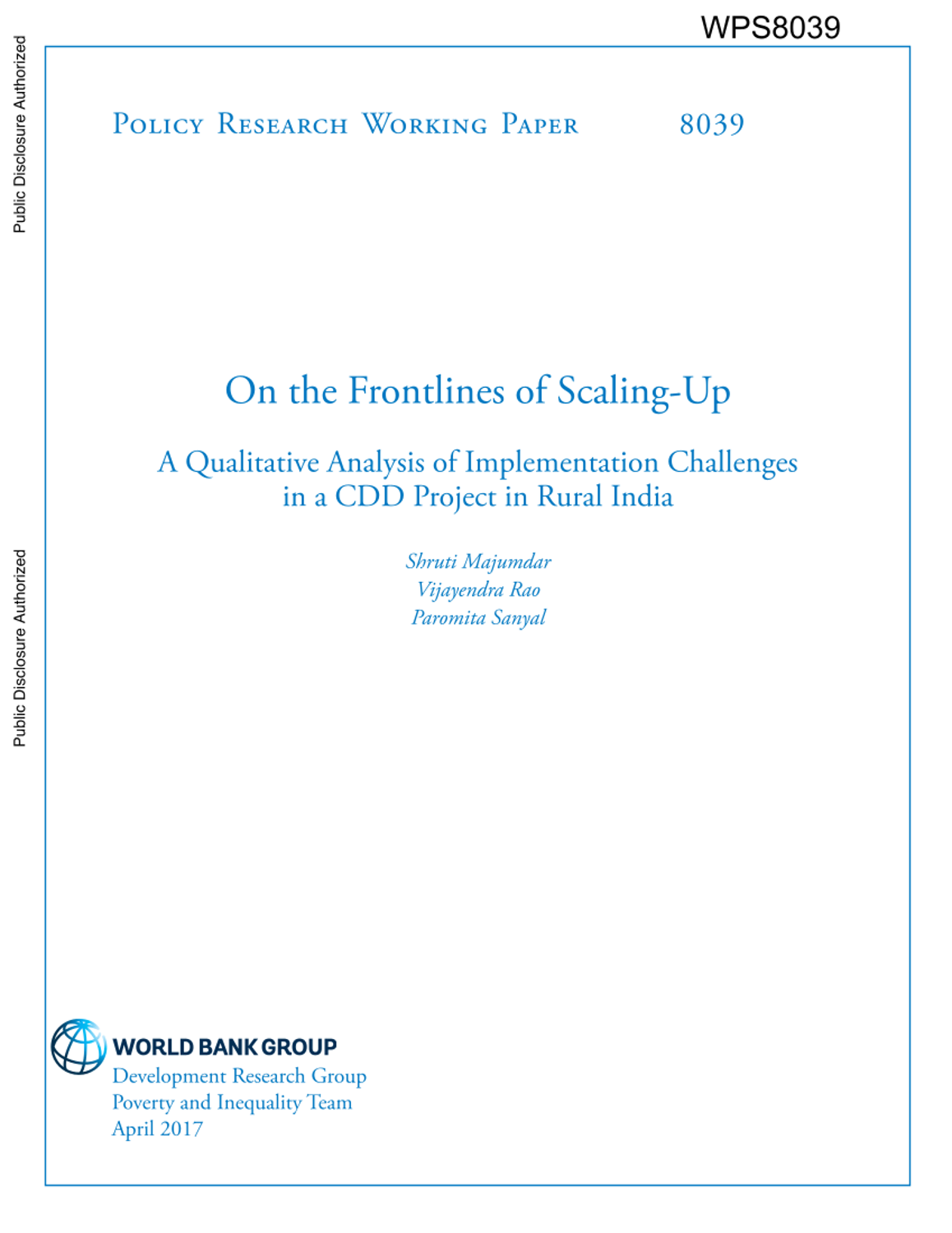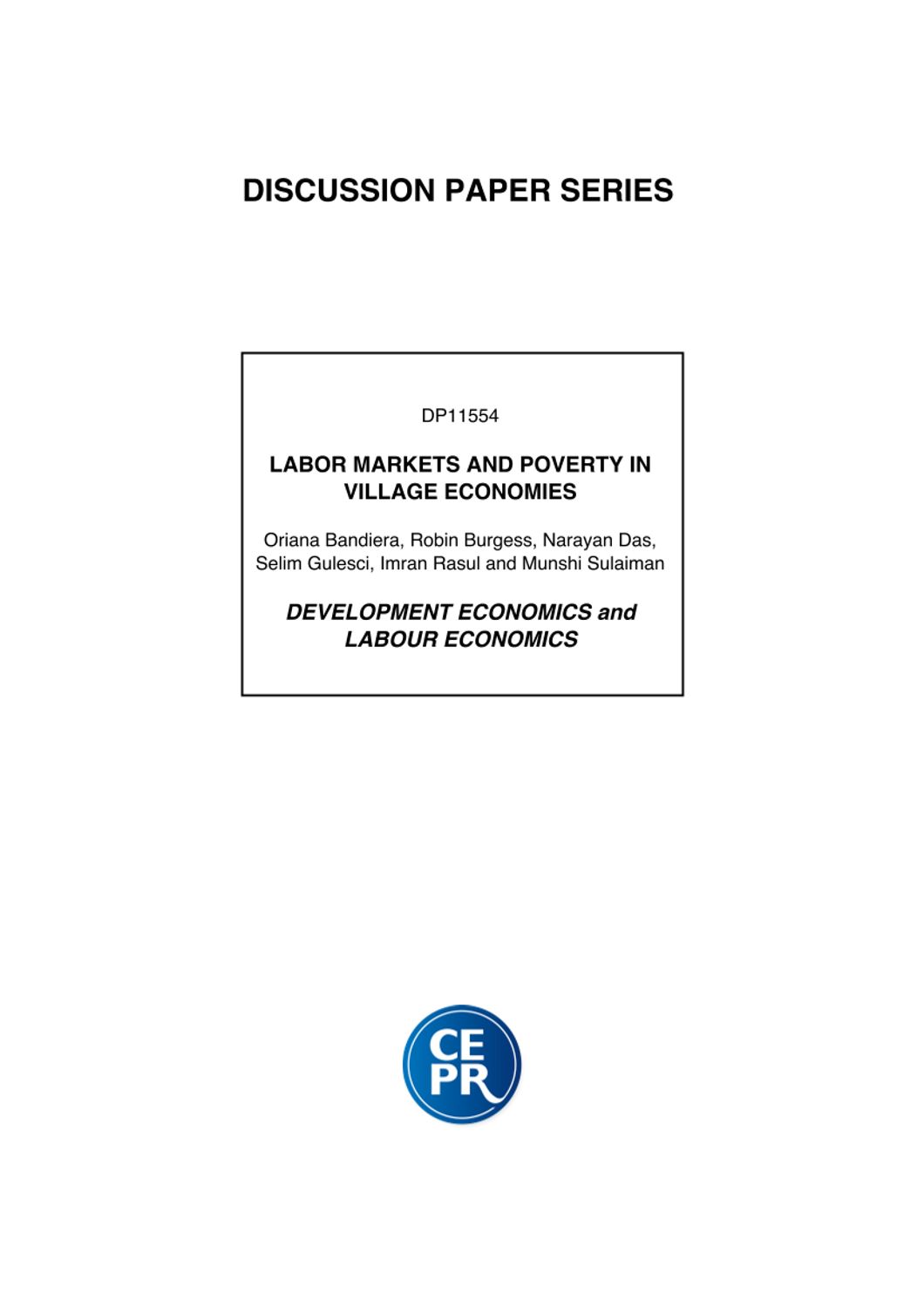단행본
Poverty and deprivation in Europe
- 청구기호
- 362.5094 POV2011
- 발행사항
- Oxford ; New York : Oxford University Press, 2011
- 형태사항
- 275 p
- 서지주기
- Includes bibliographic references and index
- 일반주기
- This text combines a focus on multidimensionality with a comparative approach to survey the role of non-monetary indicators of deprivation. It shows how poverty varies across countries and over time, who is affected, and which groups should be targeted in framing anti-poverty strategies
- ISBN
- 9780199588435
소장정보
| 위치 | 등록번호 | 청구기호 / 출력 | 상태 | 반납예정일 |
|---|---|---|---|---|
이용 가능 (1) | ||||
| 한국노동연구원 | 00006742 | 대출가능 | - | |
이용 가능 (1)
- 등록번호
- 00006742
- 상태/반납예정일
- 대출가능
- -
- 위치/청구기호(출력)
- 한국노동연구원
책 소개
Using newly-available data on all 27 EU member states, this book combines a focus on multidimensionality with a comparative approach to survey the role of non-monetary indicators of deprivation. It shows how poverty varies across countries and over time, who is affected, and which groups should be targeted in framing anti-poverty strategies.
Research on poverty in rich countries relies primarily on household income to capture living standards and distinguish those in poverty, and this is also true of official poverty measurement and monitoring. However, awareness of the limitations of income has been heightening interest in the role that non-monetary measures of deprivation can play. This book takes as its starting-point that research on poverty and social exclusion has been undergoing a fundamental shift towards a multidimensional approach; that researchers and policy-makers alike have struggled to develop concepts and indicators that do this approach justice; and that this is highly salient not only within individual countries (including both Britain and the USA) but also for the European Union post-enlargement. The difficulties encountered in applying a multidimensional approach reflect limitations in the information available but also in the conceptual and empirical underpinnings provided by existing research. The central aim of this book is to contribute to the development of those underpinnings and to productive ways of employing non-monetary indicators of deprivation. It will appeal to readers from diverse disciplinary perspectives, especially those concerned with substantive issues and policy implications. In addressing this audience it also provides a non-technical account of recent developments in the rapidly expanding academic literature, serving as a guide to those who wish to explore it in greater depth. The book maps out the current landscape and the best way forward, concluding by offering a critical evaluation of the EU's 2020 poverty reduction target.
Research on poverty in rich countries relies primarily on household income to capture living standards and distinguish those in poverty, and this is also true of official poverty measurement and monitoring. However, awareness of the limitations of income has been heightening interest in the role that non-monetary measures of deprivation can play. This book takes as its starting-point that research on poverty and social exclusion has been undergoing a fundamental shift towards a multidimensional approach; that researchers and policy-makers alike have struggled to develop concepts and indicators that do this approach justice; and that this is highly salient not only within individual countries (including both Britain and the USA) but also for the European Union post-enlargement. The difficulties encountered in applying a multidimensional approach reflect limitations in the information available but also in the conceptual and empirical underpinnings provided by existing research. The central aim of this book is to contribute to the development of those underpinnings and to productive ways of employing non-monetary indicators of deprivation. It will appeal to readers from diverse disciplinary perspectives, especially those concerned with substantive issues and policy implications. In addressing this audience it also provides a non-technical account of recent developments in the rapidly expanding academic literature, serving as a guide to those who wish to explore it in greater depth. The book maps out the current landscape and the best way forward, concluding by offering a critical evaluation of the EU's 2020 poverty reduction target.



